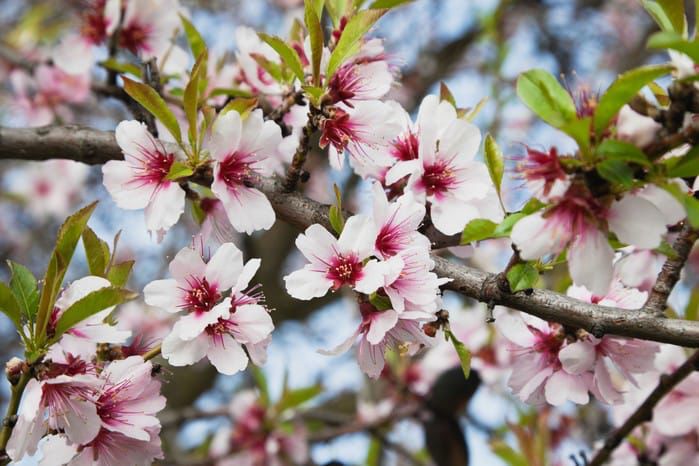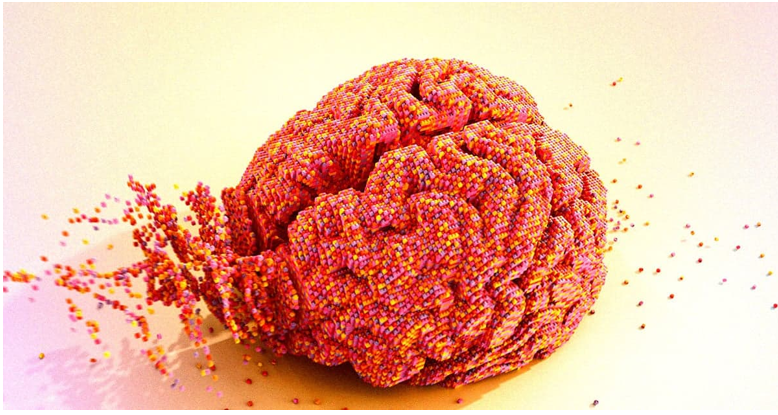The phenomenon of flowers blooming earlier than usual...!!!
The Phenomenon of Flowers Blooming Earlier Than Usual...!!! How and When Do Plants Know Their Flowering Time?
Dr. Ahmed Mahmoud Al-Shreideh
Researcher in Agricultural Heritage – Jordan
All plants are equipped with mechanisms that can receive environmental signals, which are translated into internal chemical processes known as "stimuli." These stimuli ensure that plants do not flower or germinate outside the appropriate season, guaranteeing their survival at the right time. One of these mechanisms is vernalization, which refers to the need for a sudden cooling period for seeds and vegetative structures to trigger flowering. This process shortens the vegetative growth phase and encourages early blooming.
Additionally, the length of daylight and darkness during the day and throughout the seasons—known as photoperiodism—is a crucial factor affecting plants. The length of the photoperiod influences essential physiological processes in plants, such as flowering, leaf yellowing, leaf shedding, and food storage.
The effect of light on plant flowering can be explained by the fact that, under appropriate lighting conditions, plants produce florigen, the hormone responsible for transitioning the plant from vegetative growth to flowering.
However, when we examine this winter period, particularly during the Murbaniyah season of 2024/2025 (a period of approximately 40 days in winter), we observe an unusual phenomenon. This season lasted for more than three weeks with a lack of rainfall, increased temperatures, and clear skies, leading to longer daylight hours. As a result, certain plants experienced a "disturbance" in their enzymatic balance between vegetative growth enzymes and flowering enzymes. This imbalance caused some plants to bloom earlier than their natural timing.
This year, researchers have observed premature flowering in some plants, such as almond trees and the wild lupine flower, which bloomed earlier than expected due to these unusual climatic conditions.





